- In a bid to further cement its foothold in the burgeoning electric vehicle (EV) market, Toyota, along with its luxury division Lexus, is embracing Tesla's charging standard come 2025.
- This strategic shift places Toyota and Lexus in league with other automotive giants like Hyundai, Mercedes, and GM, who have endorsed the North American charging standard (NACS), aiming to simplify the EV charging experience.
- Amidst a reported 20% surge in their North American EV sales, including hybrids, this move underscores Toyota's commitment to fostering an accessible charging ecosystem for its growing customer base.
In a strategic move towards solidifying electric vehicle (EV) infrastructure, Toyota has announced that its vehicles, along with its luxury vehicle division, Lexus, will be adopting Tesla’s charging standards starting in 2025.
This significant pivot comes amidst a burgeoning EV market and positions Toyota in alignment with several other automakers supporting a North American charging standard. The adoption of Tesla’s chargers by Toyota, the top automaker by global sales, highlights the growing momentum towards unified charging solutions in the North American region.
This move follows the footsteps of several prominent automakers such as Hyundai, Kia, Honda, Nissan, Mercedes, GM, and Ford, who have all recently adopted the North American charging standard (NACS) — a change significantly backed by the Biden administration. This transition is poised to simplify the charging process for EV buyers by providing more accessible charging solutions.
The Shift to NACS
Over a short span of about five months, Tesla has managed to almost eclipse the Combined Charging System (CCS) — the standard previously endorsed by the US government.
The shift towards NACS not only underscores the influence of Tesla in the EV charging realm but also reflects a collective move to streamline EV charging infrastructure across different automakers. This transition is expected to phase out the need for adapters, with companies like Mercedes and GM planning to drop adapters as early as 2024, thus making EV charging more straightforward for the end-users.
Toyota’s EV Sales on the Rise
Interestingly, this announcement comes at a time when Toyota has been experiencing a significant uptick in its EV sales in North America. As of early October, the company reported a 20% increase in sales, including hybrids.
This upward trajectory in sales reflects a growing consumer interest in EVs and perhaps indicates why Toyota is keen on ensuring that its customers have easy access to charging solutions.
Remaining Holdouts
Despite the growing consensus on adopting NACS, there are still a few automakers holding out. Notably, EW and Stellantis are yet to join the bandwagon. Their hesitation could be attributed to various factors, including existing commitments to other charging standards or infrastructure.
However, with the increasing momentum towards a unified charging standard, it remains to be seen if these holdouts will eventually align with their industry peers.
Toyota’s decision to adopt Tesla’s charging standard is a testament to the evolving landscape of the EV market. As more automakers rally behind a unified charging infrastructure, it is likely to foster a more conducive environment for EV adoption among consumers.
This cooperative stance among automakers is not only a win for the industry but also for the prospective EV buyers who stand to benefit from a simplified and more accessible charging network.




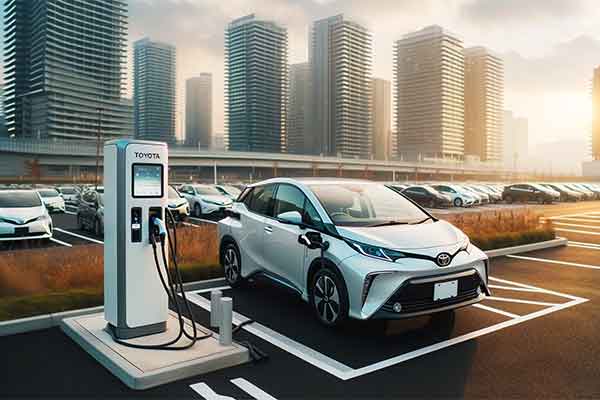

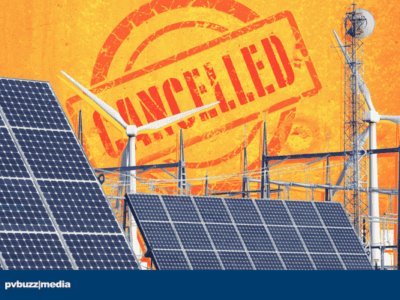
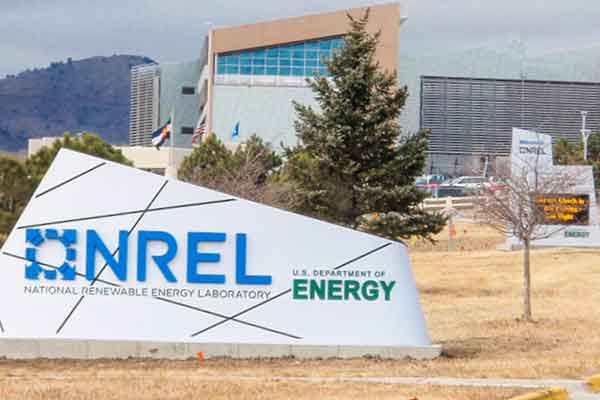
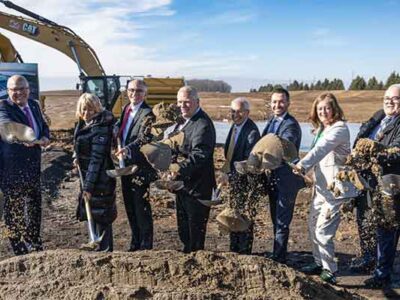
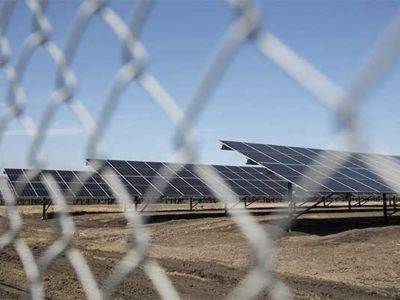
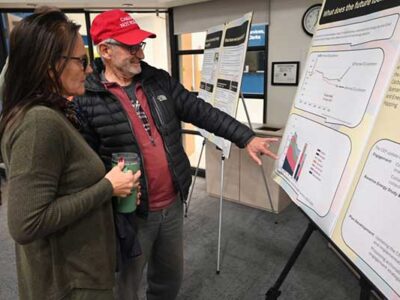



Comments